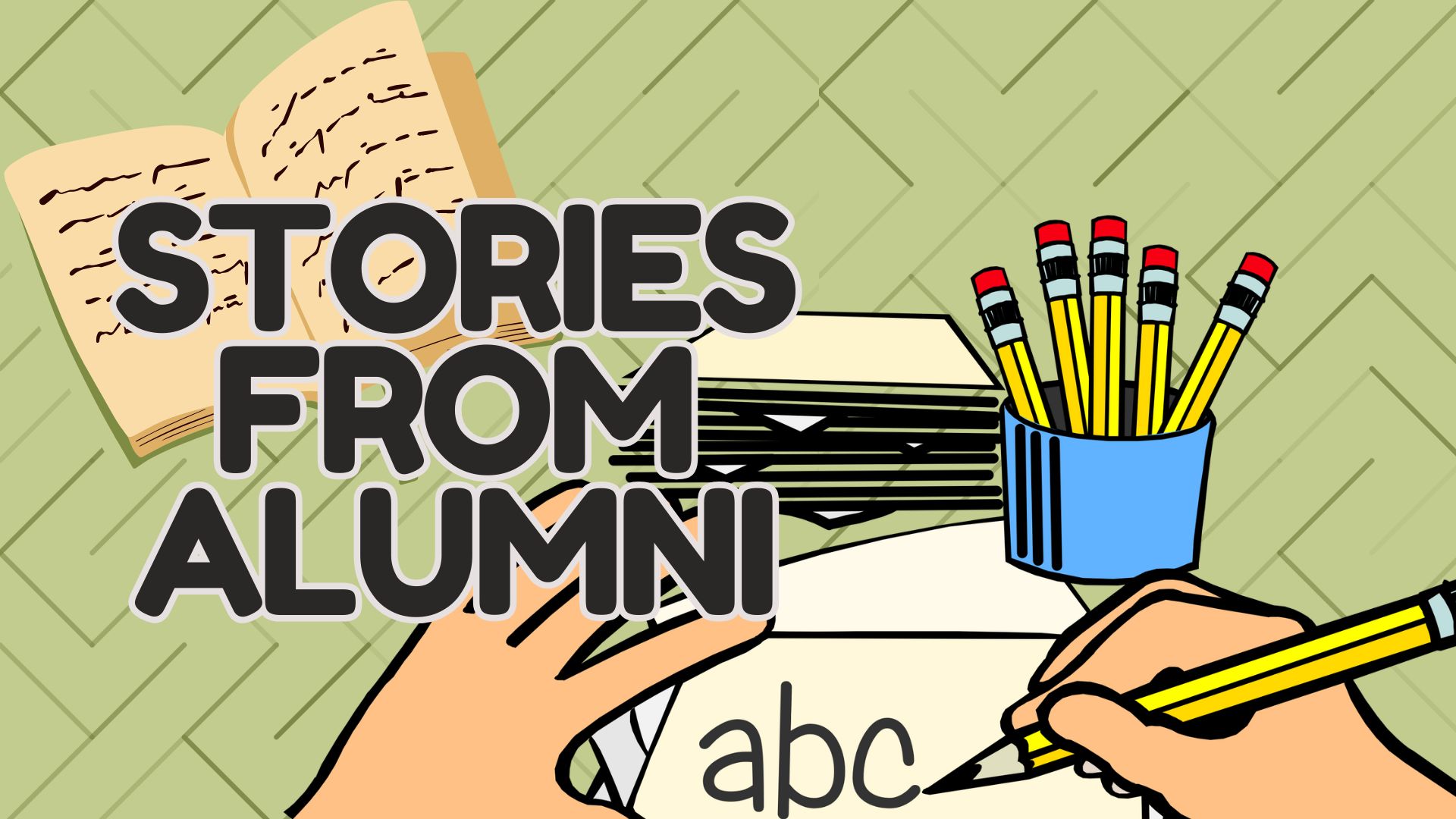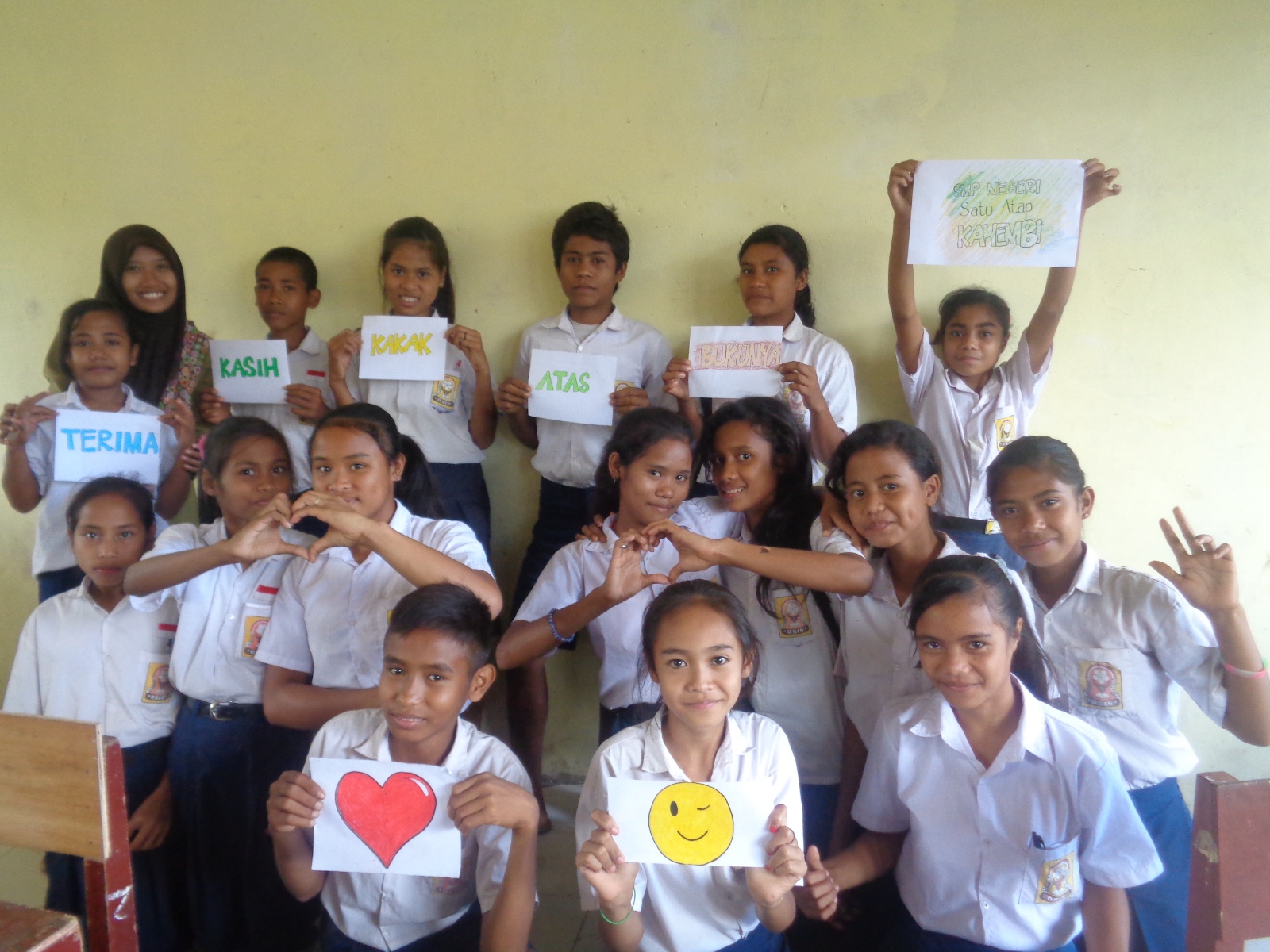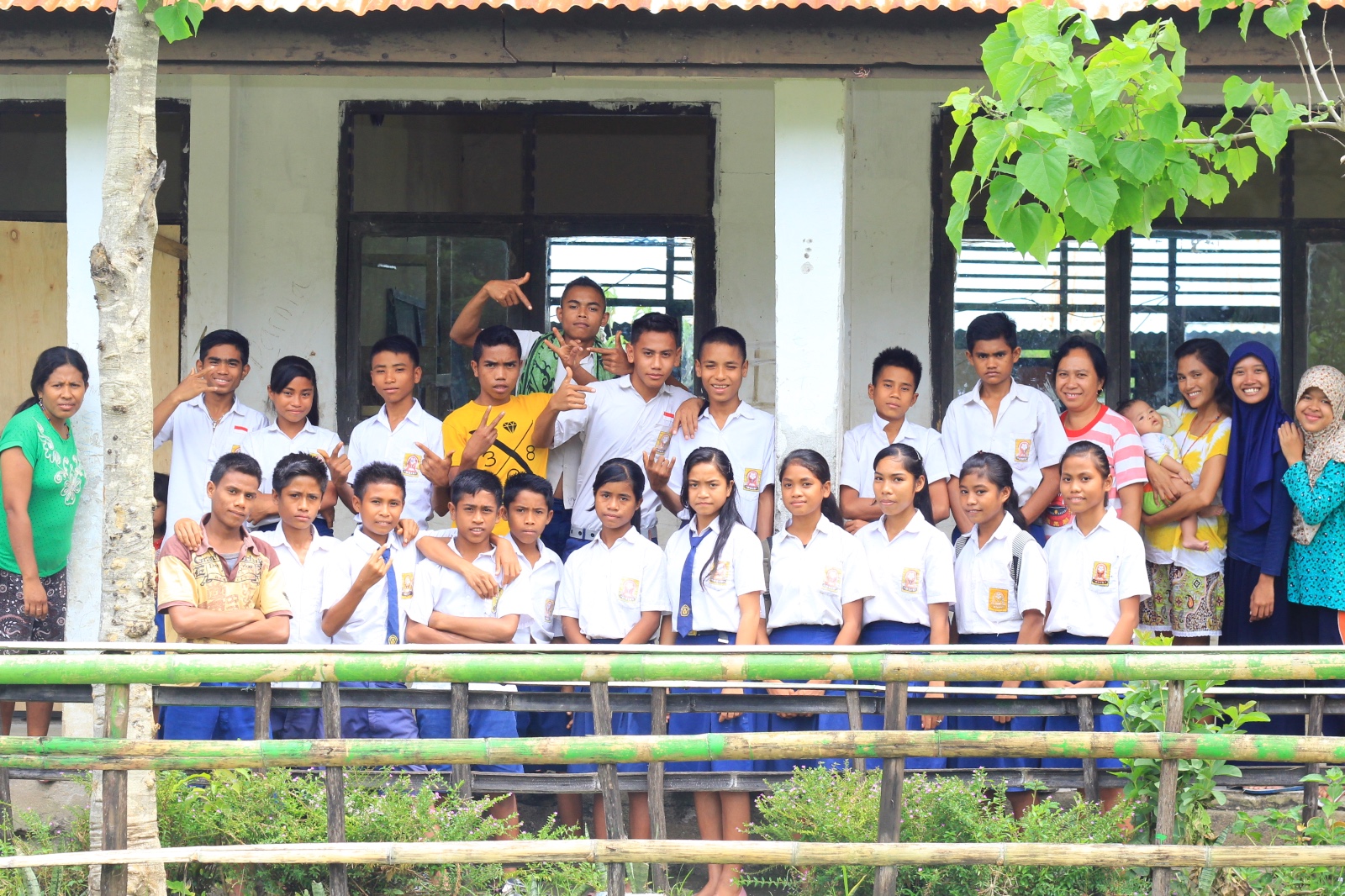To Be or Not to Be a Teacher: A Story from Ika Nurul Indah Sari

Ika Nurul Indah Sari is an alumna of Unesa undergraduate English Education Study Program. She joined SM3T and then PPG, and then got an LPDP scholarship to take master degree in London. This piece of writing is a sharing of her valuable experiences.
Slip of the Tongue
“Don’t become a teacher.”
I told a group of English Education students this during a Zoom session in November 2023. It was early morning in London, just after I had finished my dawn prayer. The sun was only beginning to rise, casting a pale light through the cold, reluctant sky. In Indonesia, it was already 1 p.m.
My original intention had been to motivate these students—to show them how English can open doors to the world. I argued that English is a form of cultural capital, a tool to help anyone become more confident and globally engaged. But instead of saying, “you don’t have to become a teacher,” I found myself blurting out, “don’t become a teacher.”

That phrase lingered uncomfortably in my mind. Had I just diminished the dreams of students who truly wanted to teach? Whether they noticed or not, I did. And that moment made me reflect on my own journey. After seven years in the classroom, I had to ask myself: Is being a teacher still worth it?
The Journey Begins in Sumba
Like Hamlet, who once asked, “To be or not to be, that is the question,” I found myself wrestling with my existential doubt: “To be or not to be a teacher, that is the question” I had always assumed that since I studied English Education, I was meant to be a teacher. Eight years after graduation, I have spent roughly seven of them teaching.
My journey began with SM3T—a government program that sends teachers to remote, underserved regions. It was right after my graduation. I was placed in Sumba. The students there showed an eagerness to learn that transcended the limitations of infrastructure, resources, and even language barriers. That year affirmed my decision to teach.

Learning to Teach, Again
But it also taught me how much I still had to learn. After Sumba, I enrolled in the Pre-service Teacher Professional Education Program (PPG Prajabatan). With my new certificate in hand, I began teaching at a private school in a big city, a stark contrast to the rugged, muddy roads of Sumba.
The teachers I worked with had different motivations, shaped by context, pay, and expectations. In the private school setting, I began to understand just how different educational conditions can be—and how unrealistic it is to expect the same outcomes in private, public, and especially remote schools. Parent involvement, teacher welfare, infrastructure, and community support all influence educational success. Yet so often, the burden of results falls squarely on the teacher's shoulders.
When students misbehave, when test scores are low, or when children lack critical thinking skills, the first question is always: What did the teacher do wrong? Of course, teachers play a critical role—but education is a shared responsibility. Policies, systems, and communities all contribute. So why does it so often feel like teachers bear the weight alone?
During my study in London, these burdens were validated and shared among classmates, who were mostly teachers in London. My classmate shared her struggle in teaching secondary school students with different backgrounds, and how the curriculum is not making it easy to help her students. Our professor lifted our hope by sharing his personal journey of decades teaching, which shaped his belief that teaching English helps students become empowered, creative beings, and critical thinkers. This helps me to find my anchor.
The Weight and the Reward
Over the past seven years, I’ve seen teaching as both incredibly demanding and deeply rewarding. Every word I say, every decision I make in the classroom, every example I give, these shape how my students think, feel, and learn. Teaching is more than transferring knowledge; it’s about sharing the values and beliefs that carry through life.
Some days, the reward is quiet: a birthday card with a crayon drawing from a student. Other times, it’s a simple message from a parent: “Is Miss Ika doing okay?” These moments may be small, but they are powerful reminders that teaching matters.
A Shared Responsibility
So is it worth it?
Yes—but only if we stop expecting teachers to carry the entire system alone. The government, communities, and policymakers must play their part. And we must recognise teaching as a profession that deserves dignity, support, and fair compensation. While teaching is a meaningful path, teaching might not be for everyone. Some of my peers left the classroom after a few years. Others, my fellow undergraduates, never stepped into one, pursuing careers in publishing, translation, or international development. Yet, some thrive in classrooms, energised by every challenge.
To my fellow English Education students: being an English teacher isn’t just about teaching grammar and vocabulary. It’s about helping children become creative, imaginative, and critical thinkers. English is a bridge that can lead us to become more empowered human beings.
So the real question isn’t whether or not to be a teacher, but how we can make teaching a path worth pursuing for more people.
